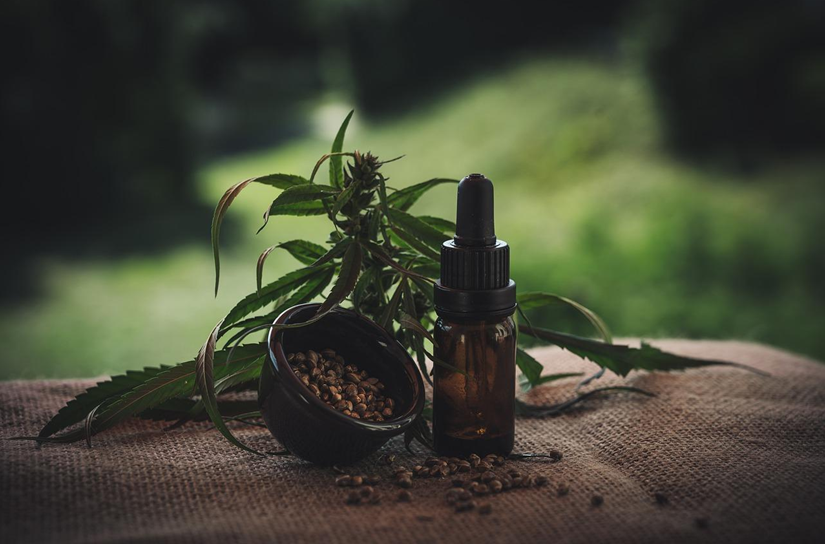Researchers from the University of Chemistry and Technology in Prague researched storage conditions and the degradation of cannabinoids.
It has been known for thousands of years that the cannabis plant interacts with the human body on many levels: to relieve neuropathic pain, to lower intraocular pressure, to increase appetite, and to decrease nausea and vomiting. The substances responsible for these effects are collectively known as cannabinoids, among which the most prominent are THC, CBD, and CBN. “Because a combination of psychoactive THC with non-psychoactive cannabinoids shows higher activity than THC alone, many effort and resources have been invested in studying and isolating non-psychoactive cannabinoids and their application in medicine.” says principal researcher Martin Kuchař.

CBD is the second most prevalent active ingredient of cannabis, which does not possess any psychoactive effects. According to the report from World Health Organization, to date, there is no evidence of public health-related problems associated with the use of pure CBD. We can find only a few publications in the literature concerning storage conditions and degradation of cannabinoids in general, where authors specify the storage conditions and individual forms of cannabis. The mentioned papers emphasized the promising medical potential of CBD. Many clinical trials and government approvals have been completed or are currently underway. One of these trials provided lung cancer treatment to patients with adenocarcinoma. Earlier works have shown that CBD probably has anti-neoplastic properties. Still, more recent data have indicated that CBD may also provide a significant response in patients with this kind of cancer. However, on the other hand, there are some indications that CBD oil accelerates certain types of cancers; therefore, We should treat cancer with great care and distinction as to what kind of cancer is being treated. Due to its promising results in early trials, there is an increasing interest in research of CBD as a dietary supplement with potential medicinal benefits.

While CBD stored in the form of a solid powder mainly remained intact over one year under the studied stability conditions with an approximately 10% decrease in CBD, the influence of temperature, humidity, and air oxygen on CBD oil samples was much more pronounced. Very significant degradation of CBD took place between the 90th and 180th day in CBD oil samples in open vials at 40 °C with complete degradation of CBD after approximately 270 days. Exposure to artificial light showed that the light itself does not have substantial adverse effects on CBD. Nevertheless, in combination with other factors, it may accelerate the degradation process.
“The experimental results of our CBD stability study showed that under defined stability conditions, various degradation products, including CBN and several oxidation products, were formed. However, Δ9-THC was not detected by our method.” says principal researcher Martin Kuchař.
See more in an original research article published in MDPI. Text is based on the research text.
The University of Chemistry and Technology, Prague, is a natural center of first-rate study and research in the area of chemistry in Czechia. It is one of the country’s largest educational and research institutions focused on technical chemistry, chemical and biochemical technologies, material and chemical engineering, food chemistry, and environmental studies.











